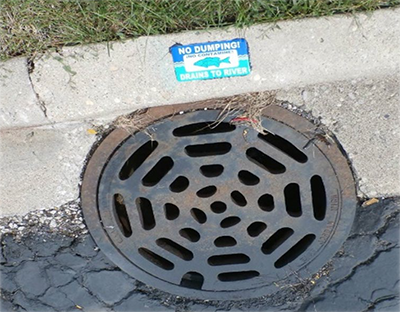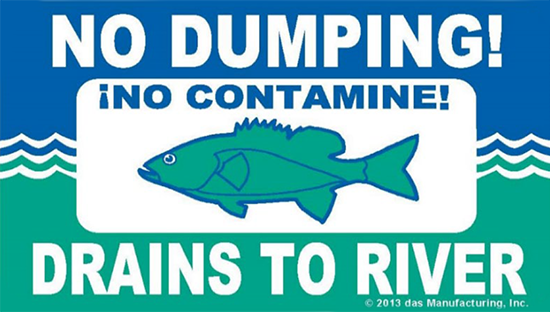
Water Management at Stan State
The location of Stanislaus State positions it to be a leader in water conservation, both in times of ample water and in drought.
Water meters at individual buildings, lakes, and landscaped areas identify heavy water consumption areas for installation of water efficient technology. “Smart” irrigation clocks across campus utilize satellite weather and moisture sensors to control irrigation cycles and to save water and electricity.
Water Projects
- Re-capture of water from the irrigation system and storm water run-off in the main reflecting pond (holding pond) and campus lakes for re-use. Overall use of water for irrigation has been reduced by 25%.
- Retrofitting of showerheads, faucet aerators, urinals and toilets across campus to reduce water consumption.
- Conversion of Central Plant cooling towers’ water supply from domestic water to reclaimed irrigation water that reduced City of Turlock domestic water consumption by 20%. 100% of the tower blow down is then captured and reclaimed for irrigation.
- Installation of a new filtration system that cleans, sterilizes and softens the reclaimed water for cooling tower use, saving approximately 4 to 5 million gallons of potable drinking water per year.
- Installation of drought tolerant vegetation in new or renovated landscape projects across campus as well as increased use of mulch to maintain moisture levels in planter beds.
Storm Water Pollution Prevention
What you can do to help protect our water
Stormwater runoff is a leading cause of water pollution due to the collection of chemicals, dirt, grease, oil, trash, sediments, and other pollutants as it flows over sidewalks, parking lots, and streets. Anything that enters the storm drain system is discharged untreated into our creeks, rivers, and ultimately the Pacific Ocean. Polluted runoff is the nation’s greatest threat to clean water. Help us prevent pollution from campus activities!
How you can help:
- Place trash and waste in a covered trash bin
- Properly dispose of cigarette butts, wrappers, cups, lids and fast food containers in waste and recycling receptacles
- Keep vehicles maintained so that they do not leak oil, gasoline, transmission or battery fluids onto parking lots or streets
- Never dispose of motor oil, antifreeze, automotive fluids, or paint in storm drains
- Clean up after your pet; pick up waste when walking your pet and dispose in a waste receptacle
- Report pollution to facilities management (209)667-3211
Report if you see:
- Something being dumped or spilling into a storm drain
- Dirty water flowing into a storm drain from construction or other landscaped areas
- Someone washing their car, changing their oil, or a vehicle leaking in a campus parking lot


Updated: October 19, 2022